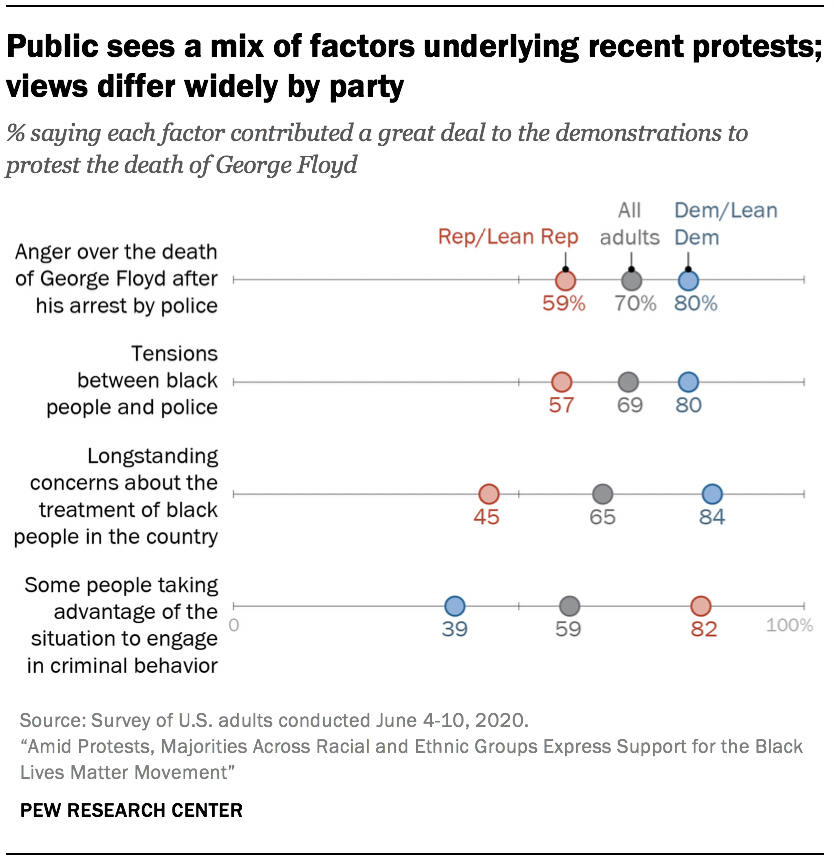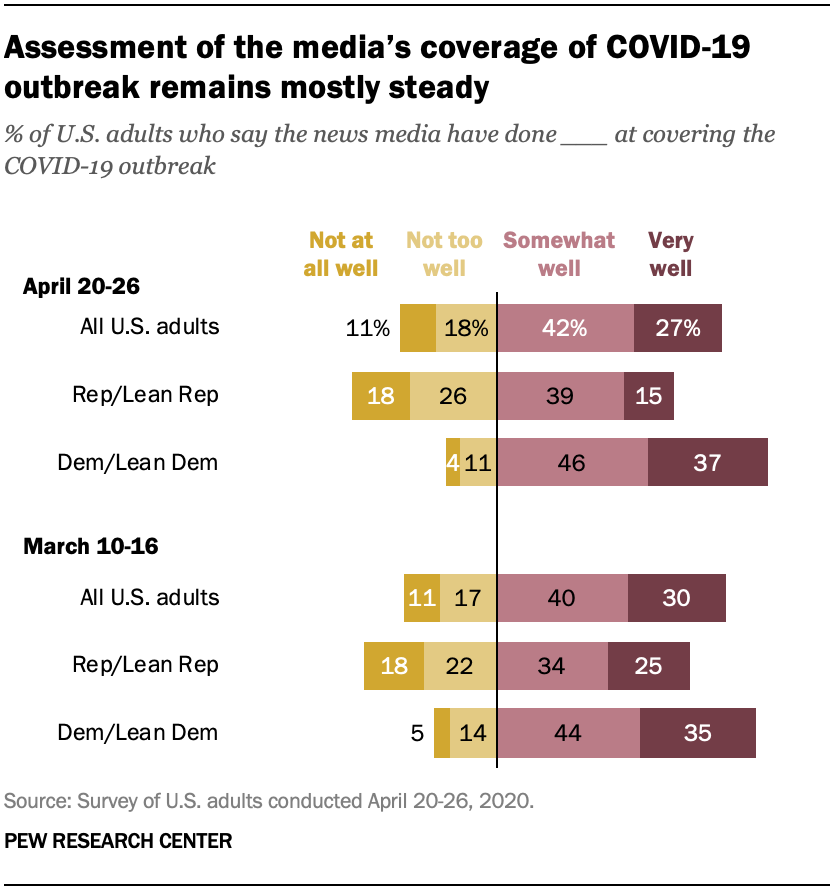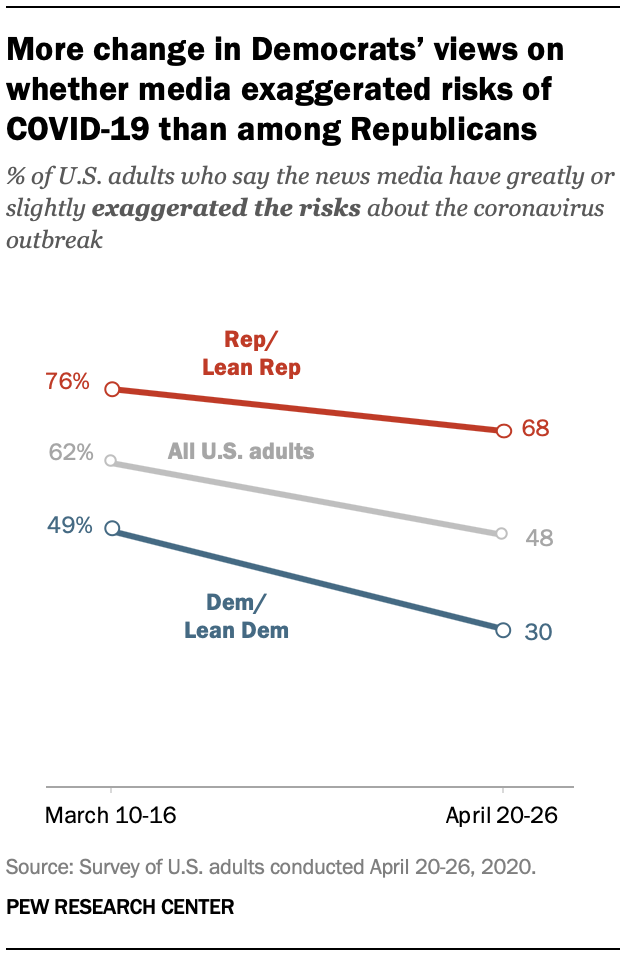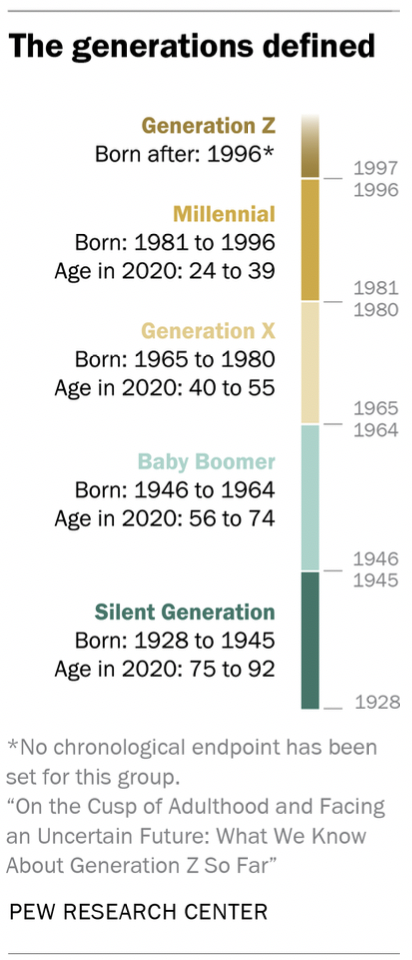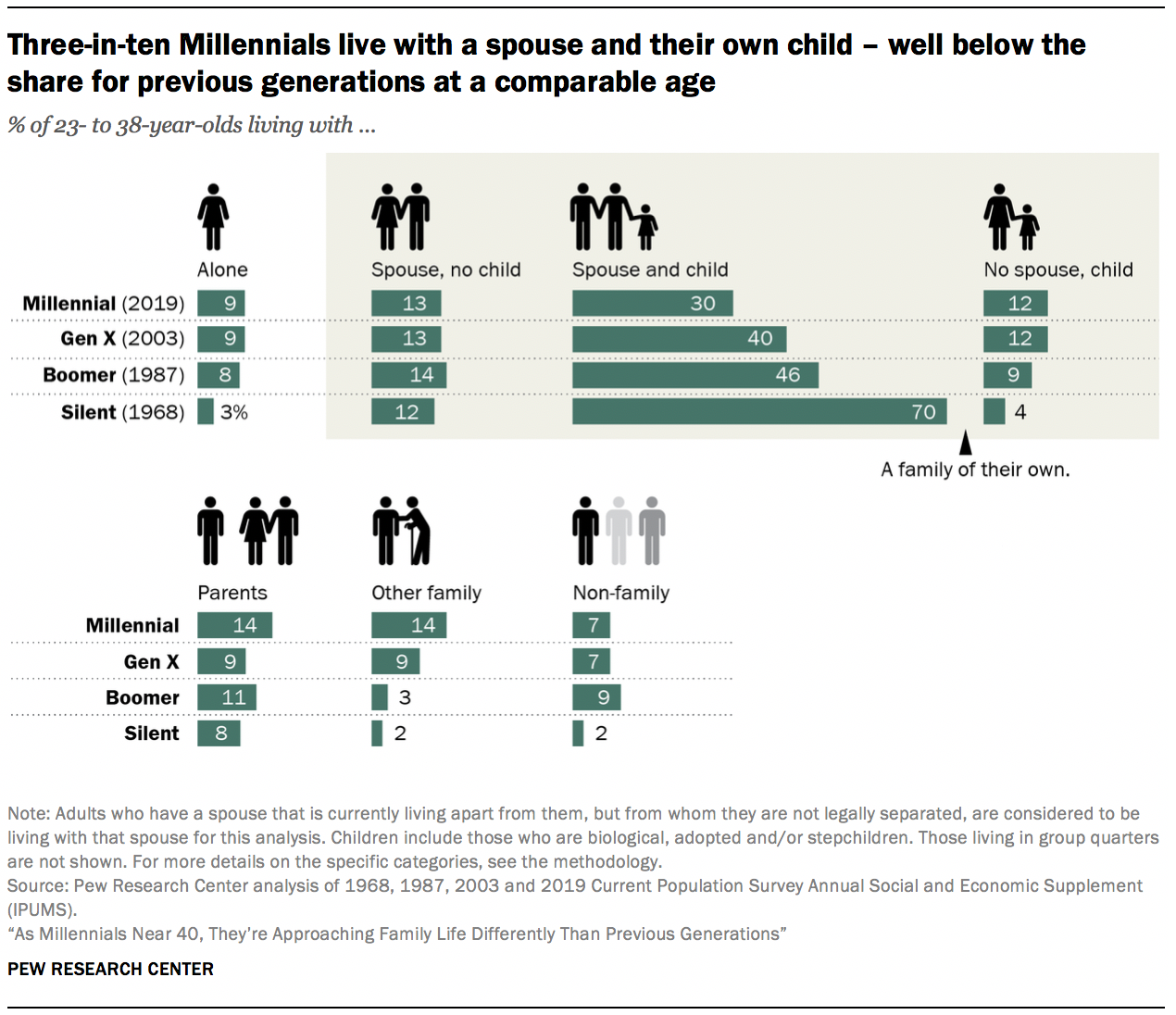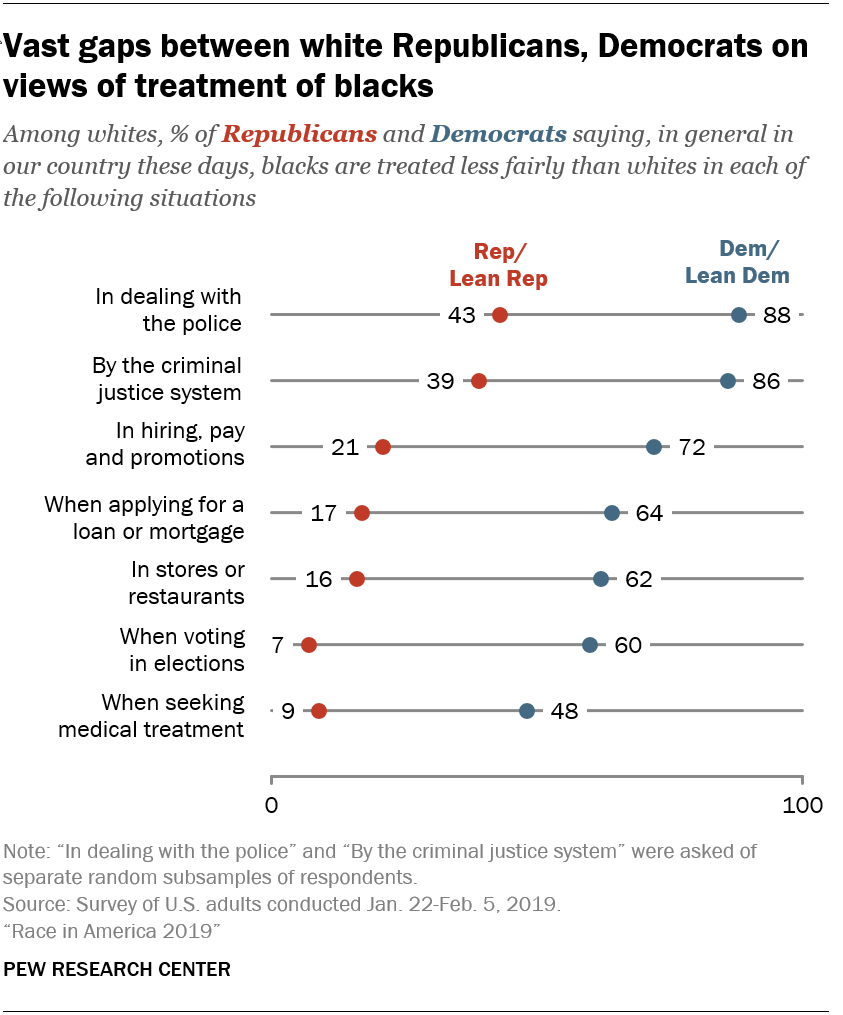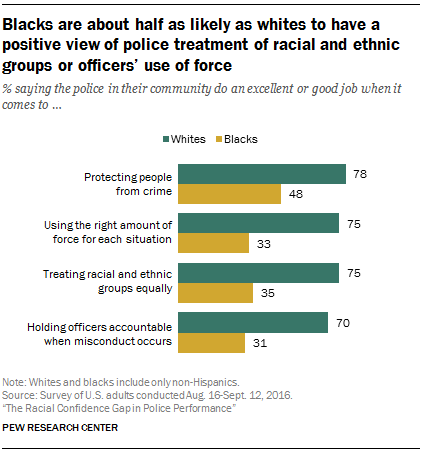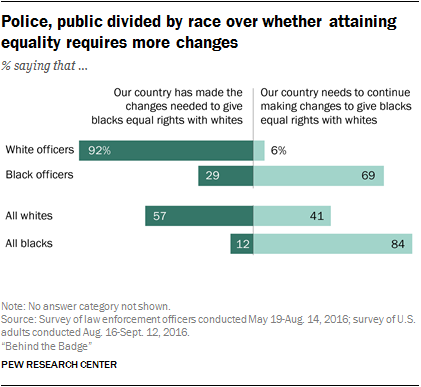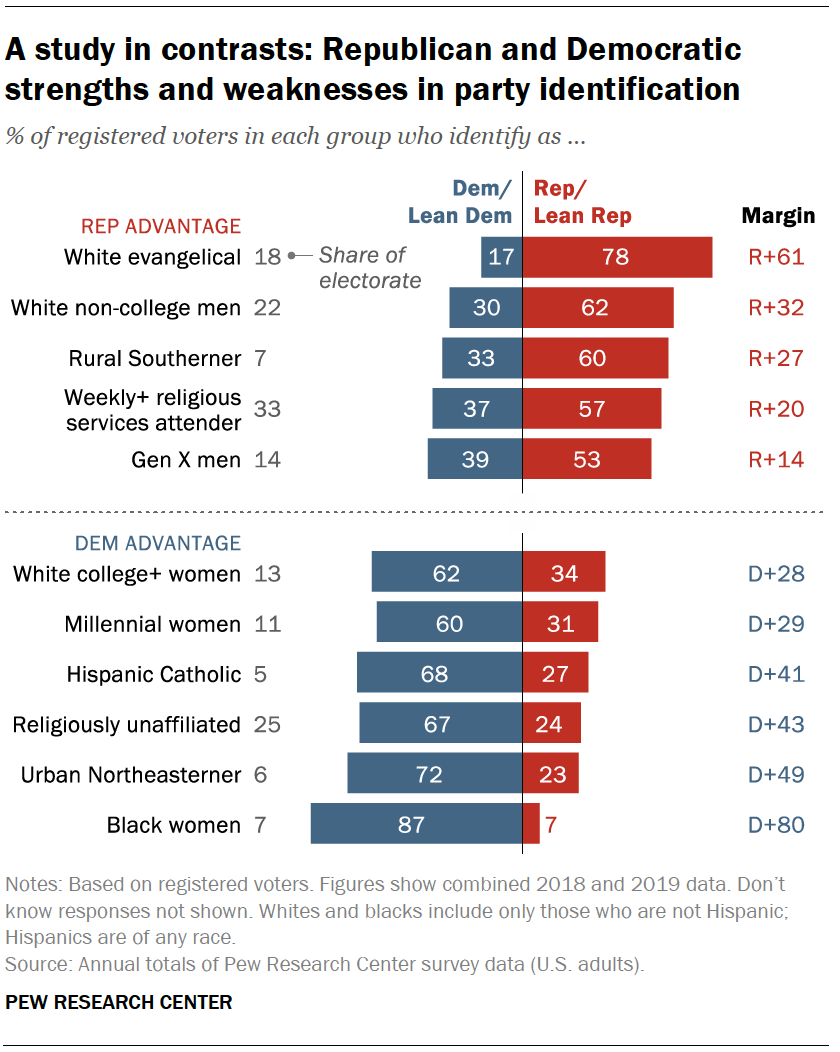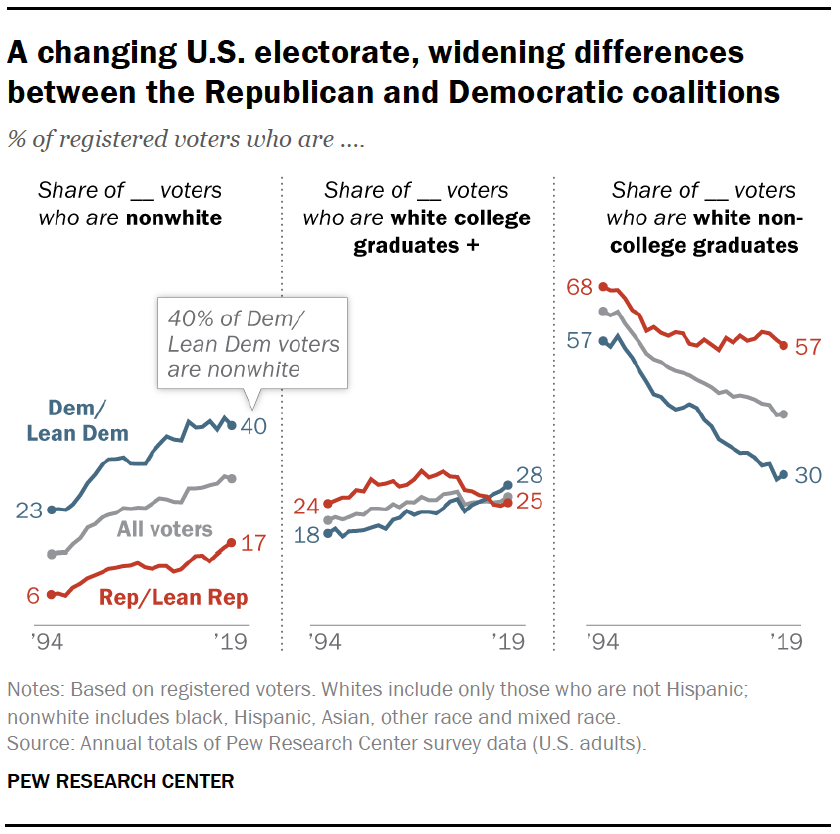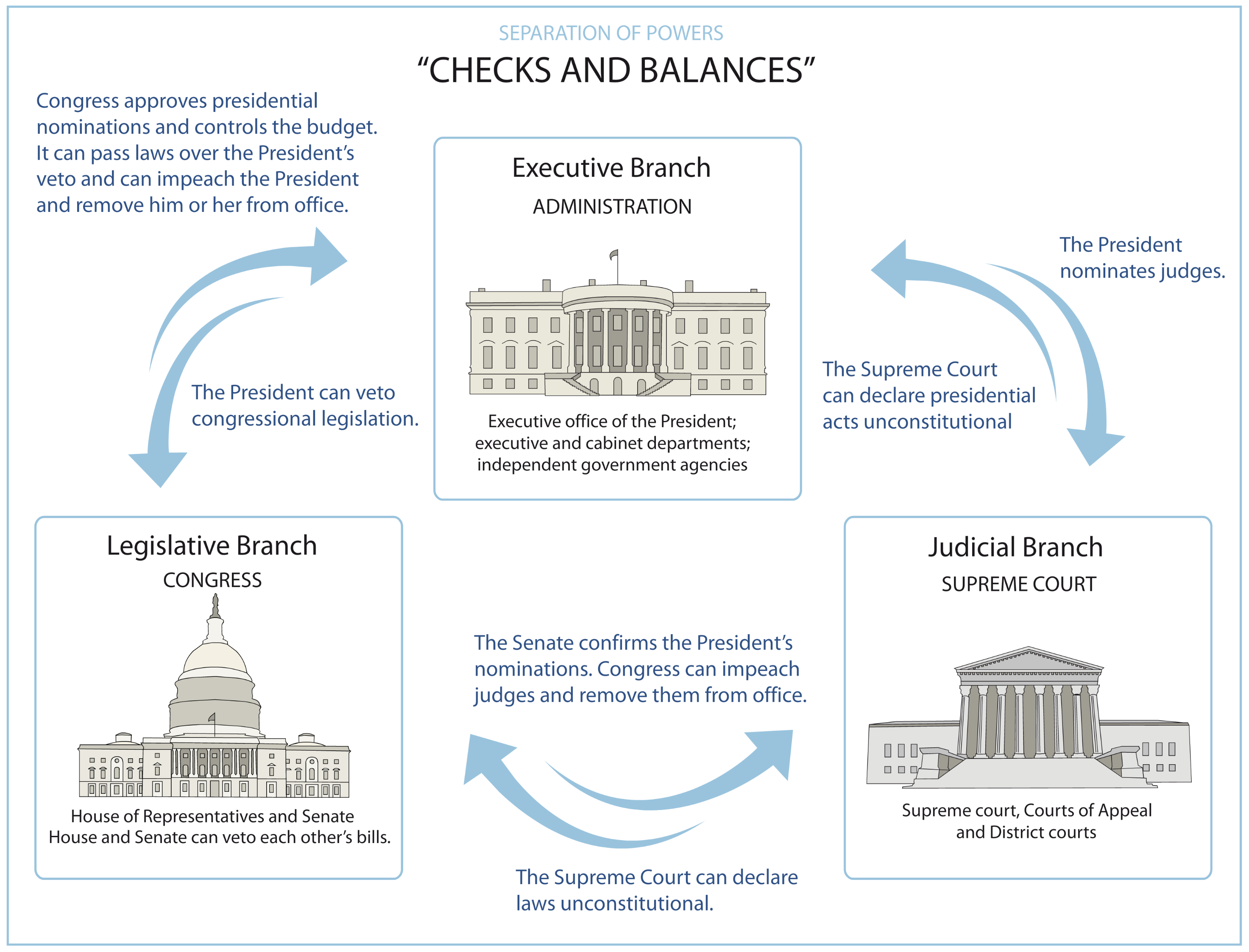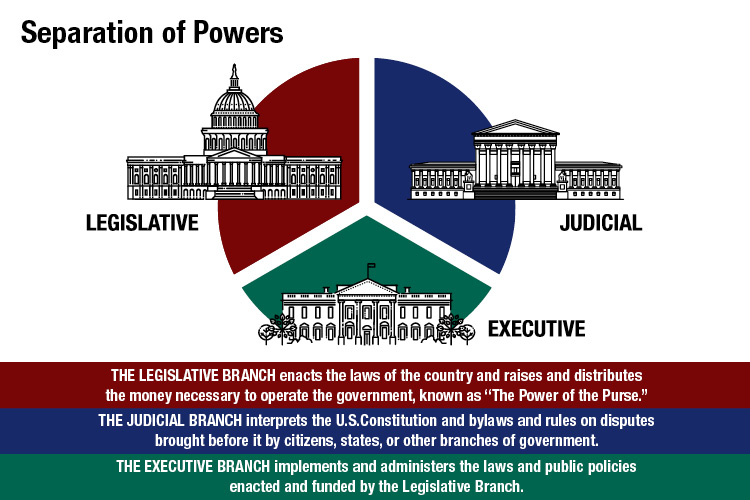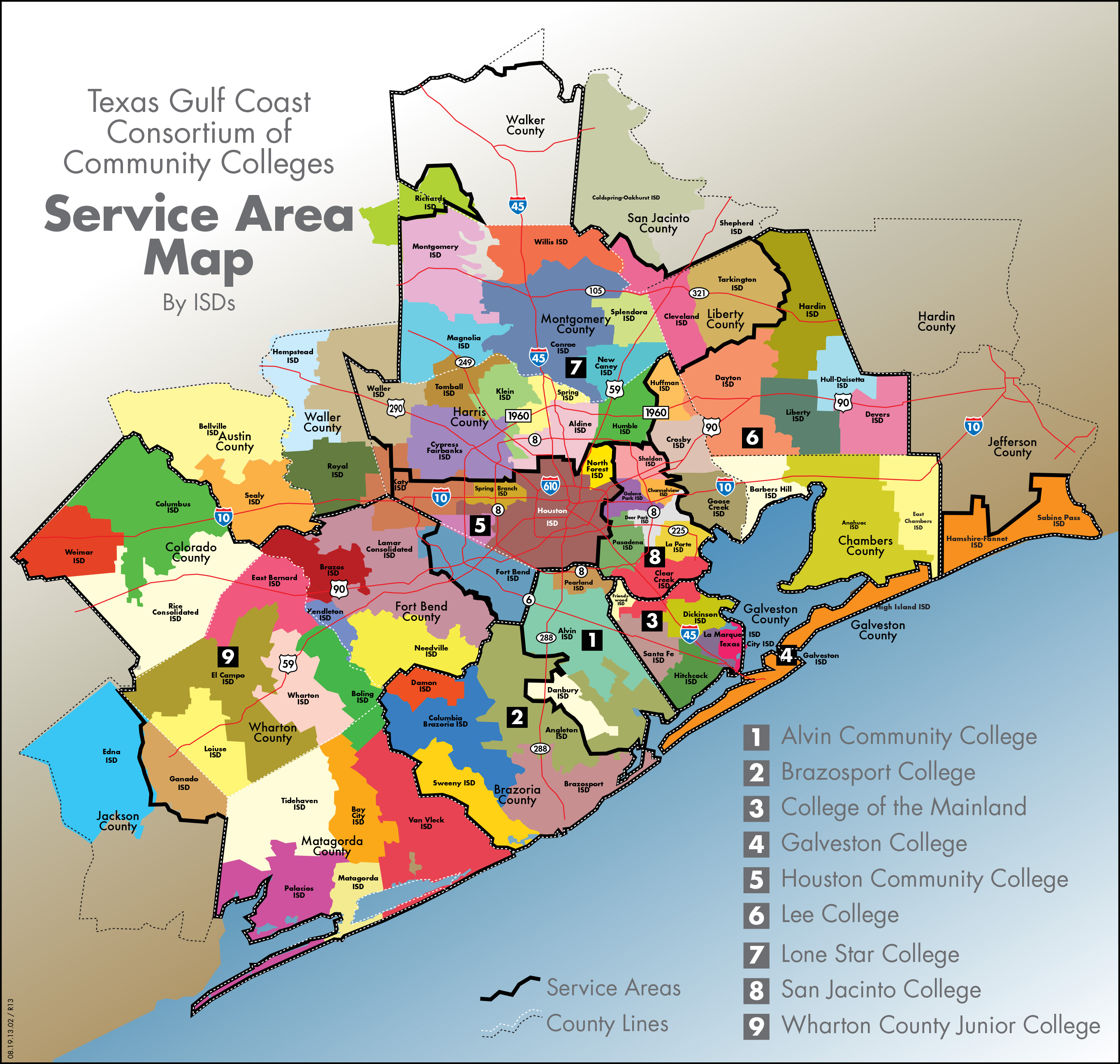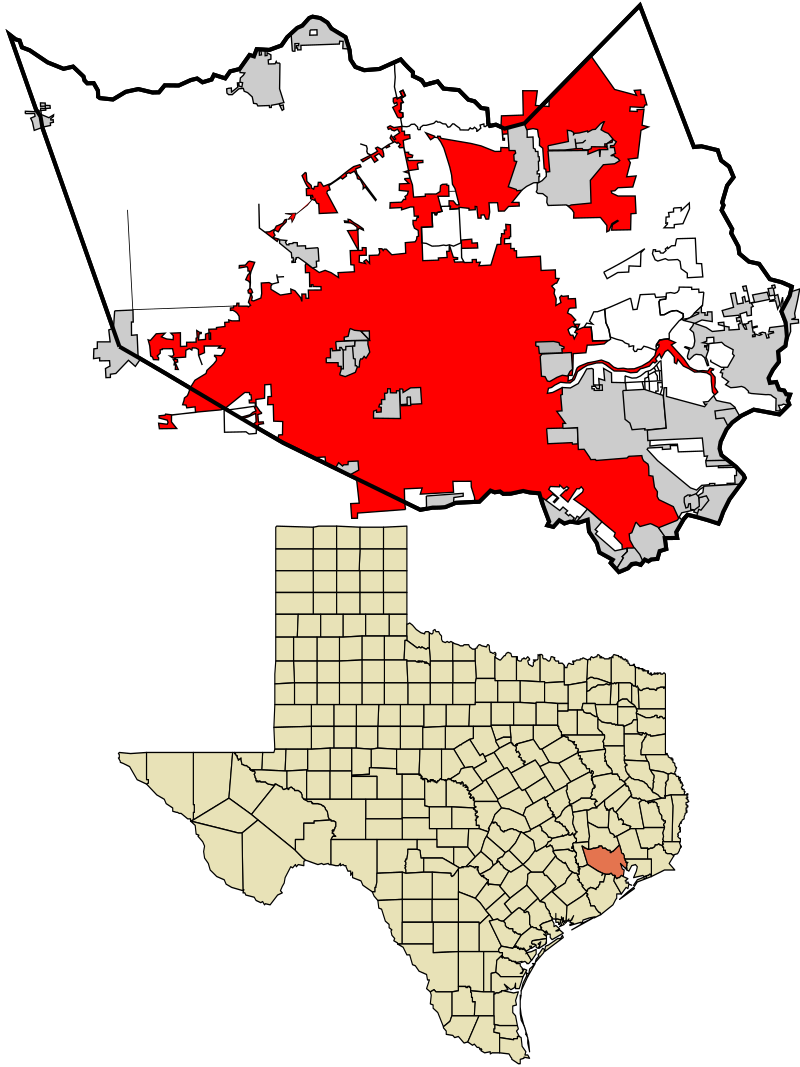CHAPTER 1—ELECTION OF SENATORS AND REPRESENTATIVES (§§ 1 – 9)
CHAPTER 2—ORGANIZATION OF CONGRESS (§§ – 30b)
CHAPTER 3—COMPENSATION AND ALLOWANCES OF MEMBERS (§§ 31 – 59h)
CHAPTER 4—OFFICERS AND EMPLOYEES OF SENATE AND HOUSE OF REPRESENTATIVES (§§ 60 – 130l)
CHAPTER 5—LIBRARY OF CONGRESS (§§ 131 – 185)
CHAPTER 6—CONGRESSIONAL AND COMMITTEE PROCEDURE; INVESTIGATIONS (§§ 190 – 199)
CHAPTER 7—CONTESTED ELECTIONS (§ 201)
CHAPTER 8—FEDERAL CORRUPT PRACTICES (§§ 241 – 252)
CHAPTER 8A—REGULATION OF LOBBYING (§ 261)
CHAPTER 9—OFFICE OF LEGISLATIVE COUNSEL (§§ 271 – 282e)
CHAPTER 9A—OFFICE OF LAW REVISION COUNSEL (§§ 285 – 285g)
CHAPTER 9B—LEGISLATIVE CLASSIFICATION OFFICE (§ 286)
CHAPTER 9C—OFFICE OF PARLIAMENTARIAN OF HOUSE OF REPRESENTATIVES (§§ 287 – 287d)
CHAPTER 9D—OFFICE OF SENATE LEGAL COUNSEL (§§ 288 – 288n)
CHAPTER 10—CLASSIFICATION OF EMPLOYEES OF HOUSE OF REPRESENTATIVES (§§ 291 – 303)
CHAPTER 10A—PAYROLL ADMINISTRATION IN HOUSE OF REPRESENTATIVES (§§ 331 – 336)
CHAPTER 11—CITIZENS’ COMMISSION ON PUBLIC SERVICE AND COMPENSATION (§§ 351 – 364)
CHAPTER 12—CONTESTED ELECTIONS (§§ 381 – 396)
CHAPTER 13—JOINT COMMITTEE ON CONGRESSIONAL OPERATIONS (§ 411)
CHAPTER 14—FEDERAL ELECTION CAMPAIGNS (§§ 431 – 457)
CHAPTER 15—OFFICE OF TECHNOLOGY ASSESSMENT (§§ 471 – 481)
CHAPTER 16—CONGRESSIONAL MAILING STANDARDS (§§ 501 – 506)
CHAPTER 17—CONGRESSIONAL BUDGET OFFICE (§§ 601 – 613)
CHAPTER 17A—CONGRESSIONAL BUDGET AND FISCAL OPERATIONS (§§ 621 – 665)
CHAPTER 17B—IMPOUNDMENT CONTROL (Subchapters I – III)
CHAPTER 18—LEGISLATIVE PERSONNEL FINANCIAL DISCLOSURE REQUIREMENTS (§ 701)
CHAPTER 19—CONGRESSIONAL AWARD PROGRAM (§§ 801 – 811)
CHAPTER 19A—JOHN HEINZ COMPETITIVE EXCELLENCE AWARD (§ 831)
CHAPTER 20—EMERGENCY POWERS TO ELIMINATE BUDGET DEFICITS (§§ 900 – 922)
CHAPTER 20A—STATUTORY PAY-AS-YOU-GO (§§ 931 – 939)
CHAPTER 21—CIVIC ACHIEVEMENT AWARD PROGRAM IN HONOR OF OFFICE OF SPEAKER OF HOUSE OF REPRESENTATIVES (§ 1001)
CHAPTER 22—JOHN C. STENNIS CENTER FOR PUBLIC SERVICE TRAINING AND DEVELOPMENT (§§ 1101 – 1110)
CHAPTER 22A—OPEN WORLD LEADERSHIP CENTER (§ 1151)
CHAPTER 22B—HUNGER FELLOWSHIP PROGRAM (§ 1161)
CHAPTER 23—GOVERNMENT EMPLOYEE RIGHTS (§§ 1201 – 1223)
CHAPTER 24—CONGRESSIONAL ACCOUNTABILITY (§§ 1301 – 1438)
CHAPTER 25—UNFUNDED MANDATES REFORM (§§ 1501 – 1571)
CHAPTER 26—DISCLOSURE OF LOBBYING ACTIVITIES (§§ 1601 – 1614)
CHAPTER 27—SOUND RECORDING PRESERVATION BY THE LIBRARY OF CONGRESS (§§ 1701 – 1743)
CHAPTER 28—ARCHITECT OF THE CAPITOL (§§ 1801 – 1881d)
CHAPTER 29—CAPITOL POLICE (§§ 1901 – 1982)
CHAPTER 30—OPERATION AND MAINTENANCE OF CAPITOL COMPLEX (§§ 2001 – 2186)
CHAPTER 31—CAPITOL VISITOR CENTER (§§ 2201 – 2281)
CHAPTER 41—CONGRESSIONAL OFFICERS AND ADMINISTRATION (§§ 4101 – 4132)
CHAPTER 43—CONGRESSIONAL COMMITTEES (§§ 4301 – 4338)
CHAPTER 45—CONGRESSIONAL PAY AND BENEFITS (§§ 4501 – 4595)
CHAPTER 47—CONGRESSIONAL ETHICS (§§ 4701 – 4728)
CHAPTER 49—CONGRESSIONAL PAGES (§§ 4901 – 4931)
CHAPTER 51—HOUSE OF REPRESENTATIVES LEADERSHIP (§§ 5101 – 5162)
CHAPTER 53—HOUSE OF REPRESENTATIVES MEMBERS (§§ 5301 – 5352)
CHAPTER 55—HOUSE OF REPRESENTATIVES OFFICERS AND ADMINISTRATION (§§ 5501 – 5624)
CHAPTER 61—SENATE LEADERSHIP (§§ 6101 – 6160)
CHAPTER 63—SENATE MEMBERS (§§ 6301 – 6320)
CHAPTER 65—SENATE OFFICERS AND ADMINISTRATION (§§ 6501 – 6654)
